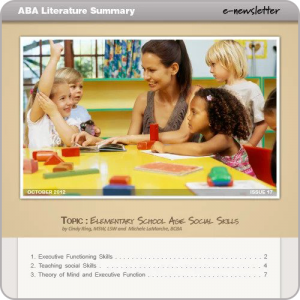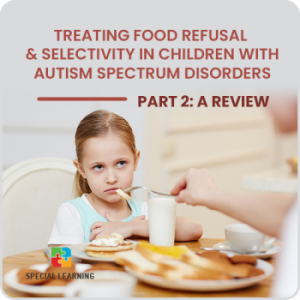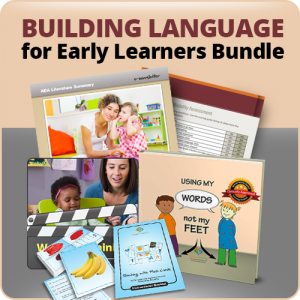Support and Help from the Autism Community
There is a wealth of support and information available in the autism community. There are many advocacies or charitable organizations that provide necessary help and information regarding autism spectrum disorder (ASD or autism) and among them is Autism Speaks in the United States (www.autismspeaks.org) and the National Autistic Society (NAS) in the United Kingdom (www.autism.org.uk). These organizations also provide links to other organizations or groups and other useful sources of help and support.
Organizations such as these can provide a range of services from the early years right through to adulthood. The aims of these types of organizations are:
- Raise awareness and understanding of autism and the effects on those individuals who care for a person diagnosed with autism
- Provide education, training, and support to all those living with or involved with autism
- Provide advocacy
- Fund research into causes, preventions, and treatments
Awareness and understanding can be gained from campaigns and also from different kinds of workshops or conferences where service providers, professionals, and parents can be trained and educated about the different aspects of autism (i.e., interventions, therapies, and approaches or understanding behavior).
There is also a wide range of literature available such as books, magazines, and newsletters. Autism Speaks has a very useful resource library and resource guide that enable parents to find out the available resources in their state, as well as local services (see link below). NAS also has an extensive resource library. Advice about any available financial assistance can also be sought via these organizations.
Local family and community services are available for both children and adults such as respite care and short breaks. This enables primary caregivers to have time to catch up with appointments, have some leisure time, or simply have a few private hours. Parents can offer a cheap or no-cost daycare option to one another by agreeing to take turns in looking after a child with autism. Belonging to a support group is a great way to meet other parents and share information and experiences.
Aside from national and local groups and organizations, there are also online autism communities such as Wrong Planet (www.wrongplanet.net) that provide information and discussion forums, which often include a section for parents. Many autism organizations provide links to online communities.
There is a wealth of information, help, and support available in the autism community. Access to these via advocacy and charitable organizations and groups, both nationally and locally, and also online communities, can help families feel less isolated and be more informed with tools and resources available to them. These tools will greatly help them become more educated about autism and more actively involved in their child’s progress, learning, and development.
Reference:
Autism Speaks. Autismspeaks.org: Family Services Resource Guide, retrieved 1 April 2011 from http://www.autismspeaks.org/community/resources/index.php








